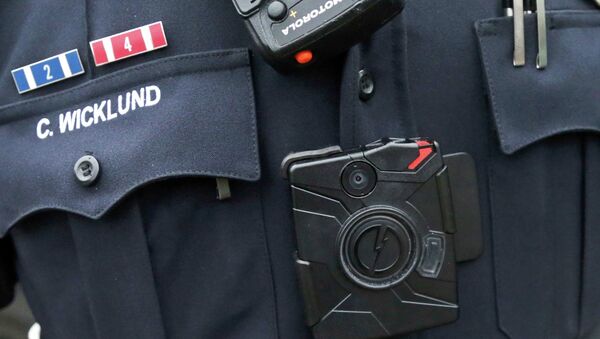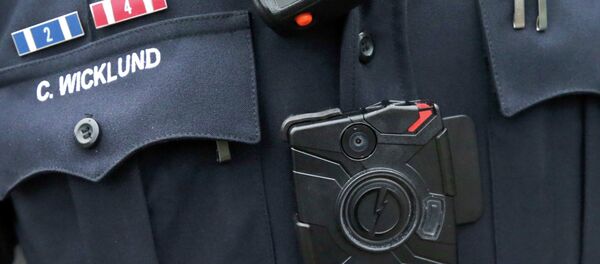On September 20, Keith Lamont Scott, a 46-year old black man, was shot by a black police officer in Charlotte, North Carolina. Footage from two cameras, one a body camera, did not allow experts to determine whether Scott had a gun, as police reports claim he did. This ambiguity sparked protests in Charlotte that turned violent on September 23.
In this particular case, body cameras were not used as intended: The officer who fired the shots was not wearing a camera. His colleague wore the body camera, but it was turned off at the moment of shooting. Due to its design, the camera kept 30 seconds of the video that followed when it was turned on, but with no audio. This raises a number of questions.
Why was the police officer who killed Scott not wearing a camera? Why did the other officer have theirs turned off? How is it that the camera can be turned off? Why is the camera designed to capture video, but with no audio?
Another point of view documents that people tend to not behave badly, insult, or otherwise provoke police officers who are wearing a body camera. Better still, police officers are certainly unlikely to violate their mandate while wearing a functioning recording device.
According to a Cambridge University study, the use of body cameras by police has helped to dramatically reduce the number of complaints at seven departments, both in the US and the UK. Both police and the public have improved behavior, regardless of whether police wear the cameras, it was found. Apparently the occasional use of cameras has served to improve comportment on both sides of the street.
Tod Burke, a former Maryland police officer and currently professor of criminal justice at Radford University in Virginia, states that police officers want to wear functioning body cameras. If implemented properly, they can help to resolve sensitive disputes. They can also, however, contribute to violations of the privacy of both officers and the people they police when, for instance, unintentionally filming children while inside a person's home.
There is a significant amount of regulation to the practice that has not, as yet, been determined. Police officers should keep cameras running for the entire shift, some say. There should be a sort of Miranda code of obligatory warnings to avoid privacy issues, suggest others.
"There has to be a proper policy implementation," Burke said, and the shooting of Keith Lamont Scott provides a grim reality check that the status quo urgently needs to be reworked.


